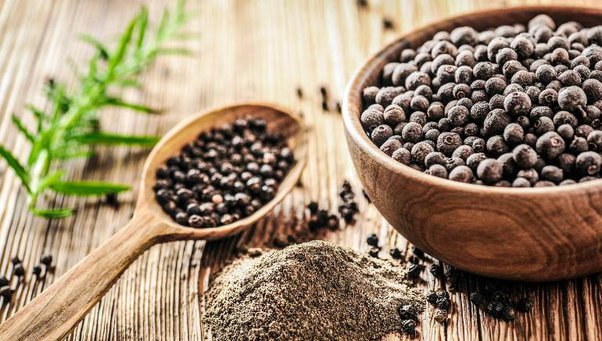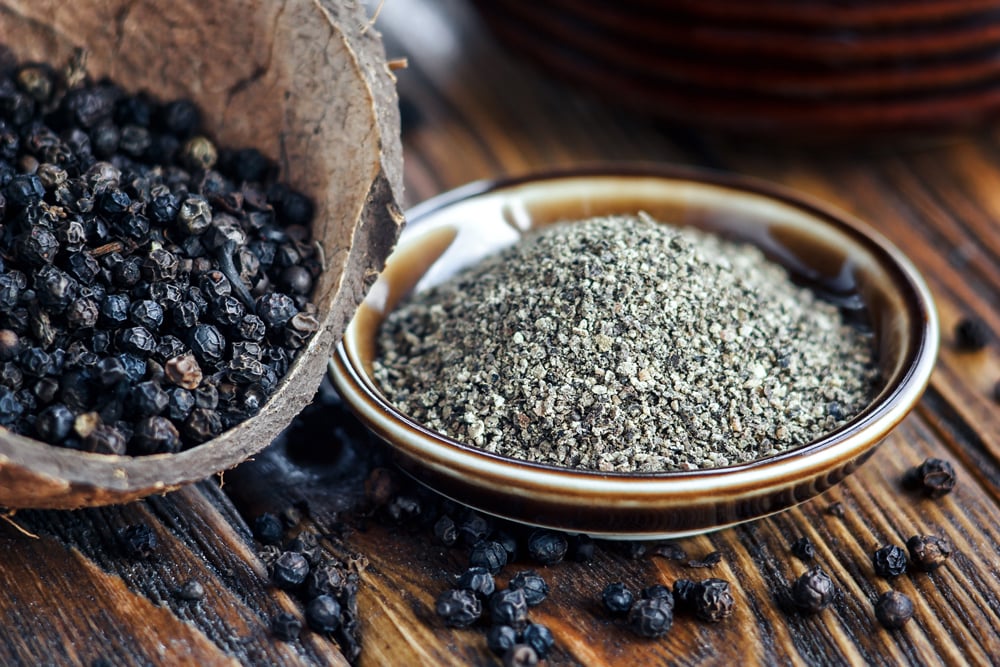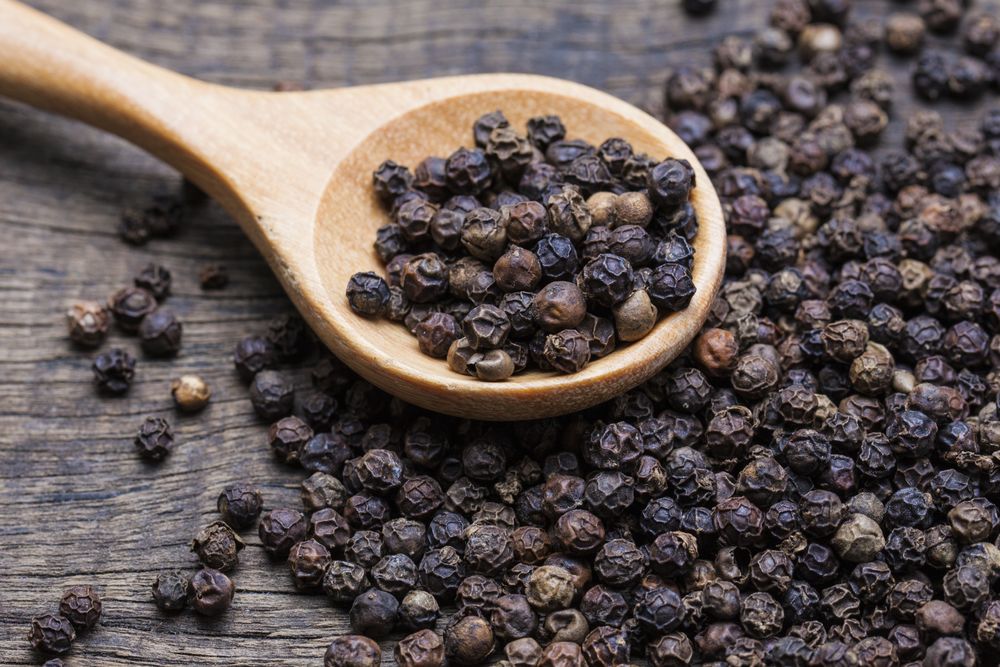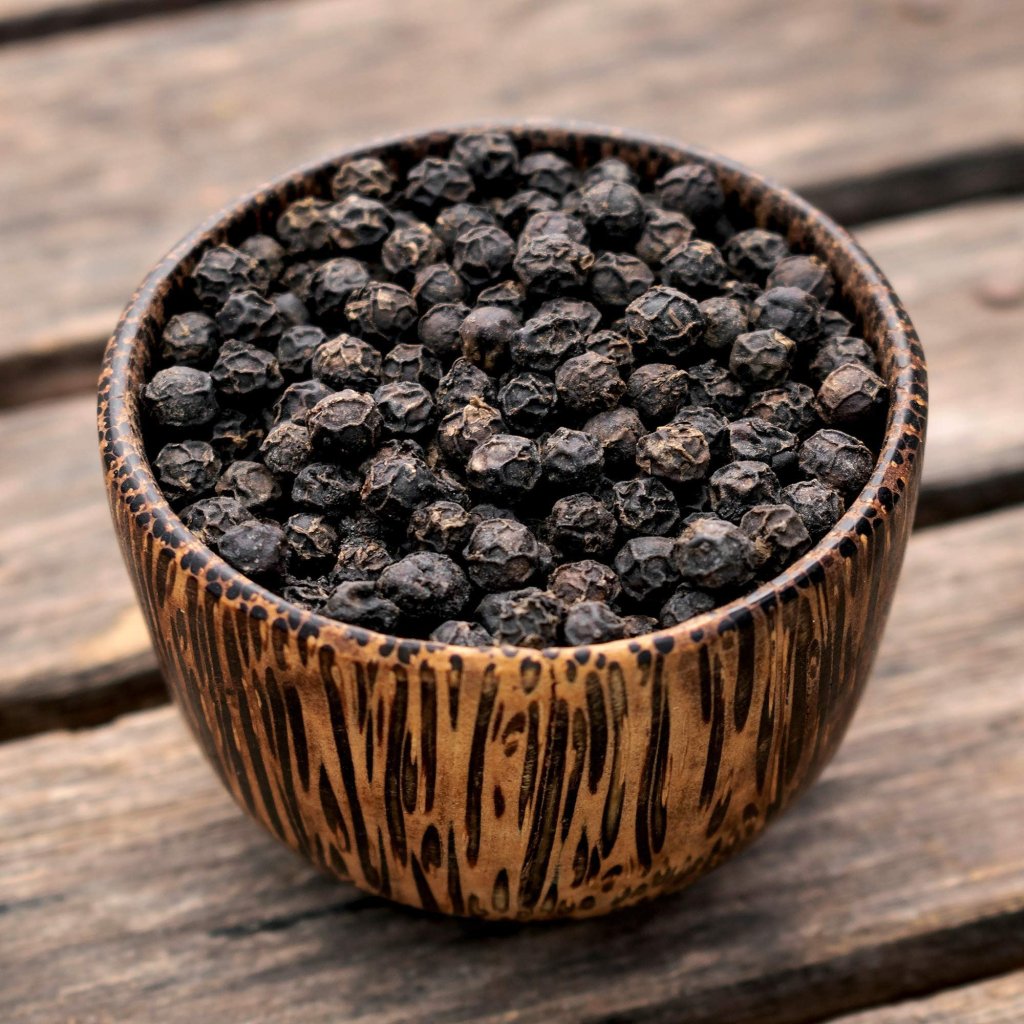Have you ever thought about what makes food taste so delicious? Well, there’s one special ingredient that adds flavor to almost every dish you can think of. It’s called the King of All Spices. But what exactly is it? We’re going to show the King of All Spices.
Whether you’re an expert cook or just someone who enjoys a good meal, you’ll want to know all about this incredible spice. We’ll go into its origins, find how it’s grown, and learn about the different types you can find.
You’ll soon see why it’s an essential ingredient in making your favorite dishes burst with flavor.
What is the King of All Spices

Black pepper is a super popular spice all over the place. People have used it in cooking and medicine for a very long time. It has a zesty, spicy taste we all know. Originally from South India, it’s now known everywhere as the King of Spices. You can use it in many dishes, from savory to sweet, to make them taste great.
While black pepper is called the King of Spices, there are many other spices out there, each with its special taste and uses. To explore a wide range of spices, each with its unique flavor and culinary role, you can check out this comprehensive list of spices with pictures and names. What spice you like best depends on what you enjoy and where you come from.”
The History of Black Pepper

Black pepper, also known as Piper nigrum, originally comes from the Malabar Coast of India. People have been using it for a very long time, more than 2,000 years. Its story is closely linked to how people traded things and built big empires because it was one of the most wanted spices in the olden days.
People liked it, and that made a big difference in trade. It even made people sail across oceans and find new places because they wanted this spice. So, black pepper isn’t just any spice. It’s a tiny thing that had a huge impact on history.
Health Benefits of Black Pepper

1. Digestive Aid
Black pepper is a digestion spice. It helps your body create special helpers called digestive enzymes. When you eat, these helpers get to work, making digestion smoother and faster. So, if you ever feel all stuffed up or gassy after eating, black pepper can help. It’s a natural fit for tummy troubles like indigestion and bloating.
Just a sprinkle of this tasty spice can make your tummy feel better and make eating more enjoyable. So, don’t forget to add a little black pepper to your plate for a happier, healthier digestion.
2. Anti-Inflammatory Properties
Did you know that when you grind fresh black pepper using a spice grinder, it has something called piperine in it? Well, piperine is pretty amazing because it can actually help with swelling and make you feel better, especially if you’ve got arthritis or similar problems. So, when you shake some black pepper onto your food, it’s not just for taste. It might be doing good for your health.
Piperine has the power to fight inflammation, which is what makes your joints hurt when you have arthritis. It can ease that discomfort and help your joints stay healthier. So, next time you grab that pepper grinder, remember it’s about adding flavor to your meal.
3. Antioxidant Power
Black pepper isn’t just a yummy spice; it’s a healthy spice. Inside those little black specks are powerful helpers called antioxidants. They’re the kind of bodyguards that protect your cells from troublemakers called free radicals, which can make you sick in the long run.
These antioxidants defend you from the stress of everyday life. So, when you sprinkle a bit of black pepper on your food, you’re not just adding flavor, but you’re also giving your body extra protection from those sneaky free radicals.
4. Enhanced Nutrient Absorption
Think of black pepper as a flavor for your food. It has something called piperine that teams up with your body to help you absorb all the good stuff in your meal. This Curcumin with Piperine includes vitamins and minerals like calcium, selenium, and beta-carotene.
So, when you use black pepper, your food becomes super healthy.
5. Weight Management
Some studies say that piperine, a natural stuff, might help with weight control. It does two important things: it stops your body from making new fat cells and makes it use up stored fat. Think of your body as a factory. This means less fat piling up. But more piperine also makes these workers grab stored fat and burn it for energy.
This means less fat hanging around in your body. You need to eat well and stay active. But having piperine on your side might give you a little extra push toward your weight goals.
Conclusion
The king of all spices is a title that belongs to none other than the humble and flexible black pepper. We’ve found various spices and their unique flavors, but black pepper stands out. It’s the most common spice found in almost every kitchen, adding a spicy effect to our favorite dishes.
Black pepper isn’t just about spiciness; it also improves the flavors of other ingredients. Whether you sprinkle it on scrambled eggs, sprinkle it on pasta, or use it in marinades, black pepper is a reliable spice in the kitchen. Its simple but strong flavor can change an ordinary meal into something extraordinary.
Keep it handy, and you’ll always have a flavorful secret for your cooking.

